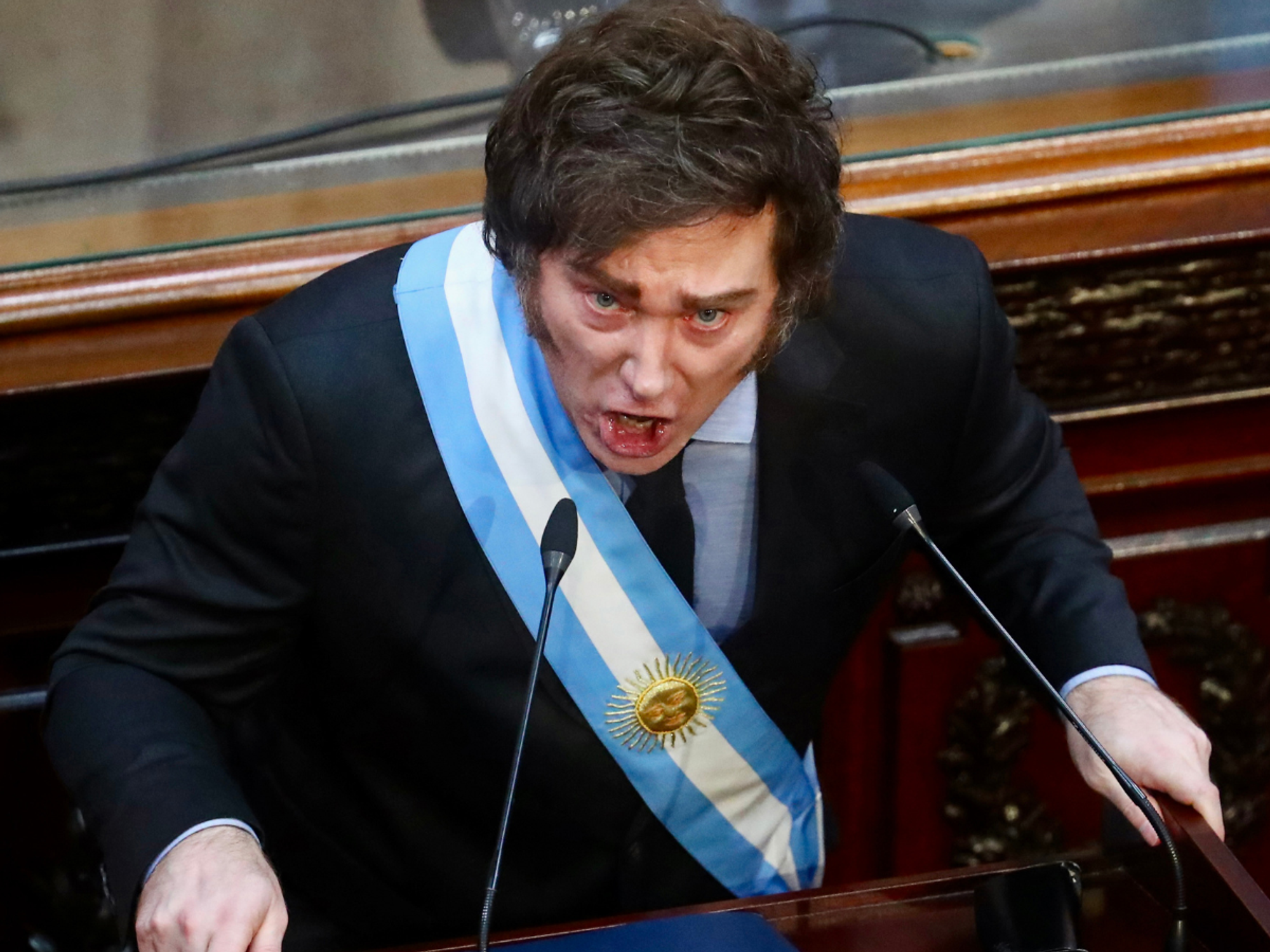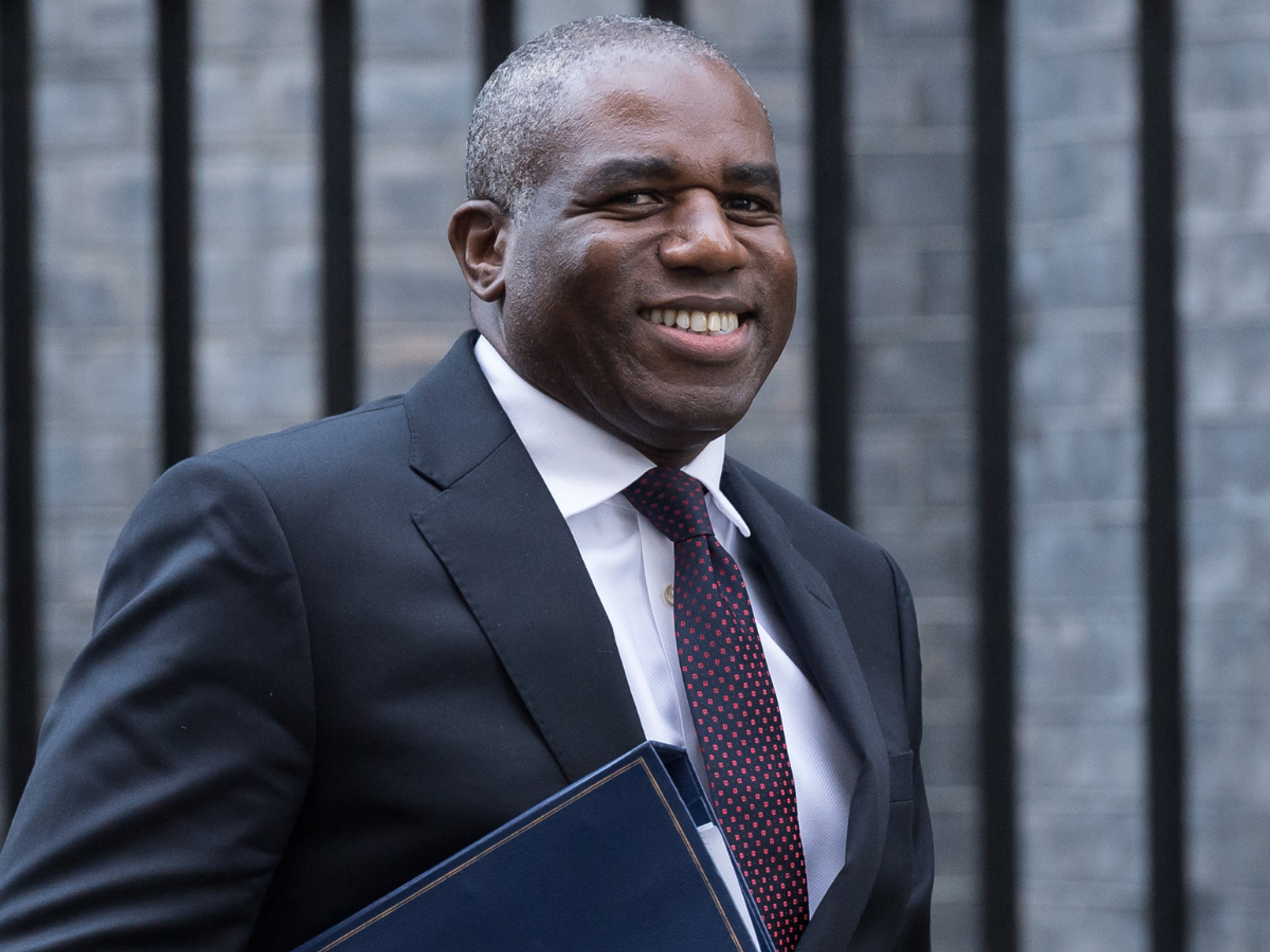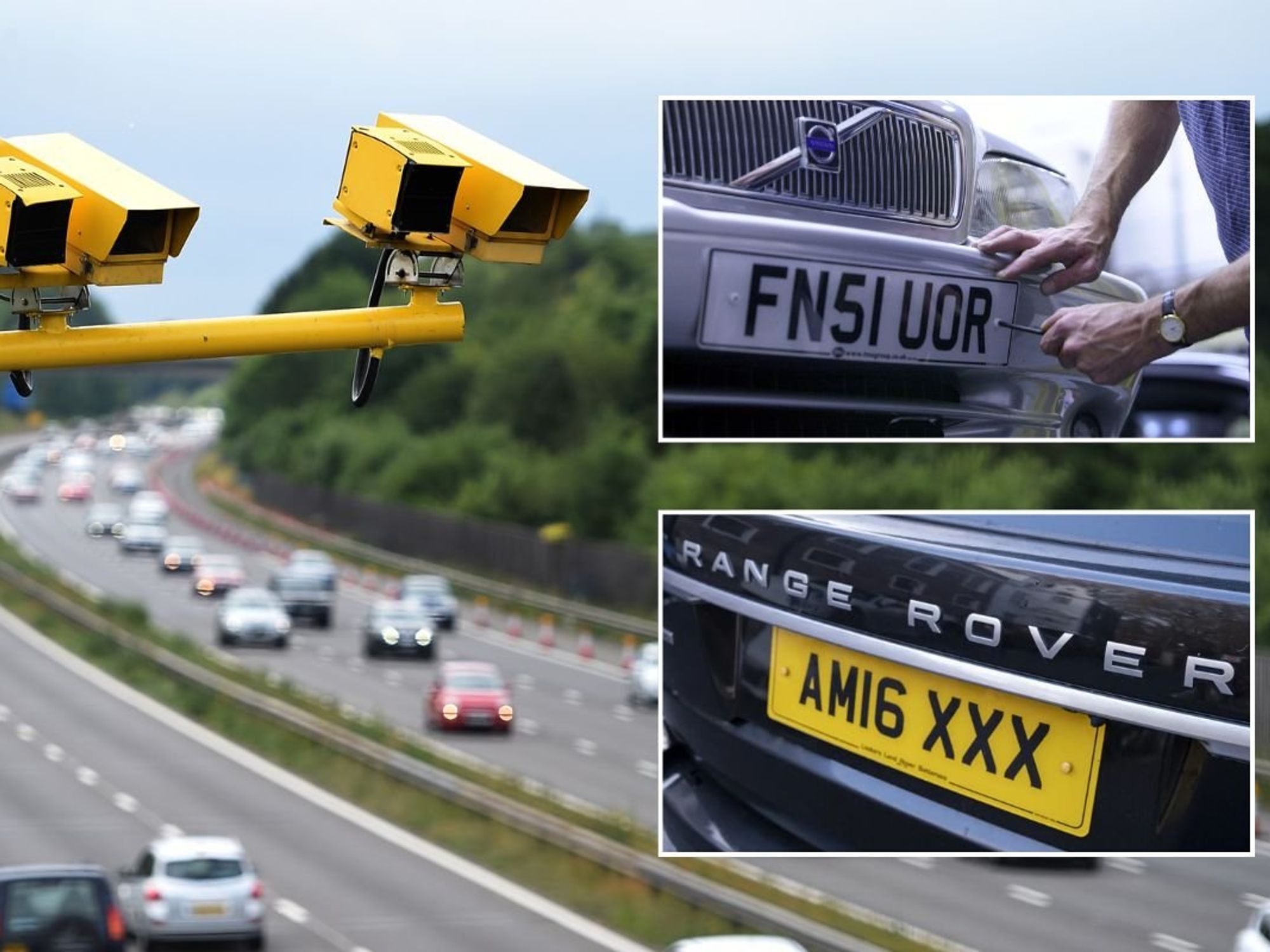Rishi Sunak condemns Chinese interference in UK democracy over China MP spying claims
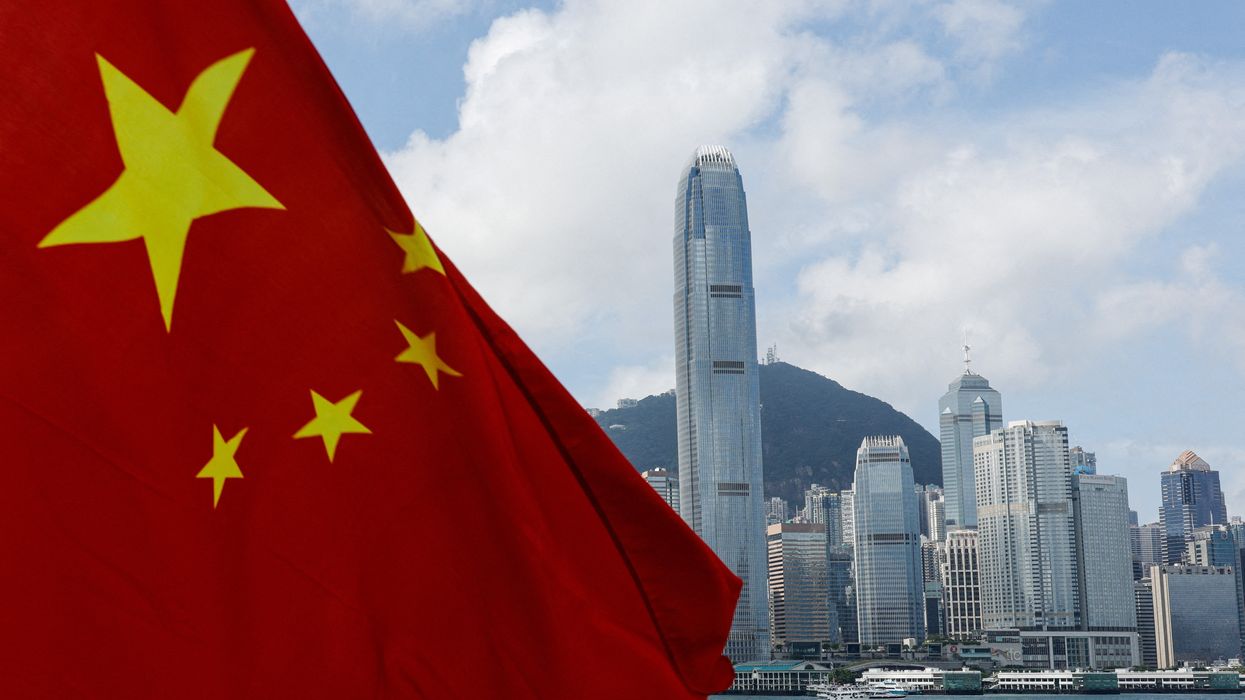
Sunak has condemned Chinese interference
|REUTERS

A parliamentary researcher is said to be 'spying' for the Chinese
Don't Miss
Most Read
Latest
Rishi Sunak has raised claims about China spying on MPs with his Beijing counterpart at the G20 today.
Two men have been arrested under the Official Secrets Act amid allegations that a parliamentary researcher spied for China.
The researcher is understood to have had links to several senior Tory MPs, including the security minister, Tom Tugendhat, and the foreign affairs committee chair, Alicia Kearns.
He was arrested along with another man by officers on 13 March, according to The Sunday Times.
Officers from the Metropolitan police’s counter-terrorism command, which oversees espionage-related offences, are investigating.
Number 10 confirmed that Mr Sunak, the Prime Minister, had raised the concerns with with Chinese PM Li Qiang when the pair had an unscheduled meeting at the G20 meeting of world leaders in New Delhi.
Officers from the Metropolitan police’s counter-terrorism command, which oversees espionage-related offences, are investigating.
Number 10 confirmed that Mr Sunak, the Prime Minister, had raised the concerns with with Chinese PM Li Qiang when the pair had an unscheduled meeting at the G20 meeting of world leaders in New Delhi.
A Number 10 spokesman said: “The Prime Minister met Premier Li Qiang and conveyed his significant concerns about Chinese interference the UK’s parliamentary democracy."
The Inter-Parliamentary Alliance on China pressure group said it was “appalled at reports of the infiltration of the UK parliament by someone allegedly acting on behalf of the People’s Republic of China”.
Mr Tugendhat is said not to have had any contact with the researcher since before he became security minister in September last year.
Ms Kearns declined to comment, but said: “While I recognise the public interest, we all have a duty to ensure any work of the authorities is not jeopardised.”
Chinese 'spy' at the heart of the Commons: Researcher arrested on suspicion of 'espionage' offences
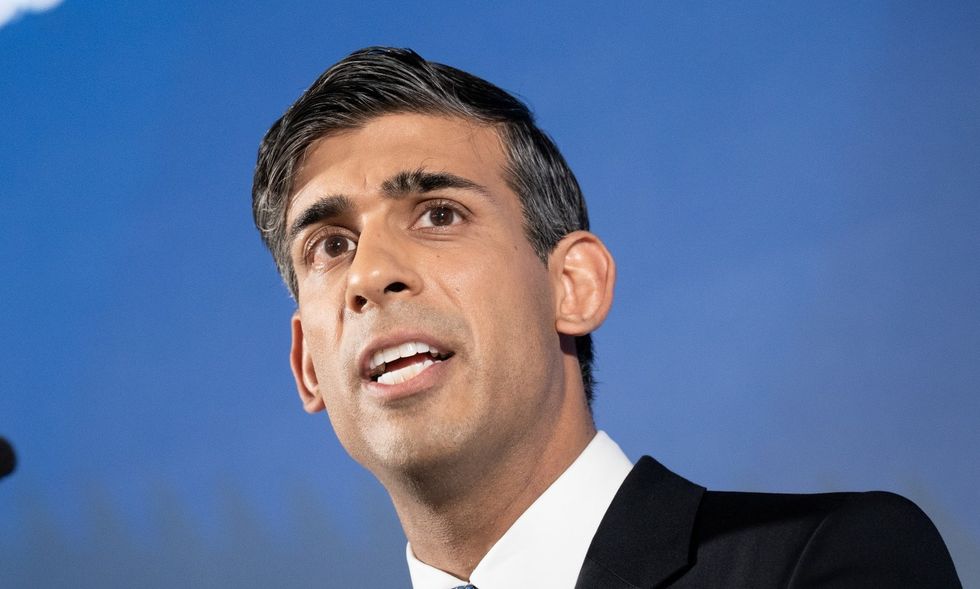
Rishi Sunak has met with the Chinese Premier
| PAMr Sunak said he confronted Chinese premier Li Qiang over Beijing’s spying in the UK but said the G20 meeting was an example of the benefits of engagement rather than “shouting from the sidelines”.
Speaking to broadcasters at the G20 summit venue in New Delhi on Sunday, the Prime Minister said: “Well, I obviously can’t comment on the specifics of an ongoing investigation but with regard to my meeting with Premier Li what I said very specifically is that I raised a range of different concerns that we have in areas of disagreement, and in particular, my very strong concerns about any interference in our parliamentary democracy, which is obviously unacceptable.
“We discussed a range of things and I raised areas where there are disagreements. And this is just part of our strategy to protect ourselves, protect our values and our interests, to align our approach to China with that of our allies like America, Australia, Canada, Japan and others, but also to engage where it makes sense.
“And actually, I think the right thing to do is take the opportunity to engage to raise concerns specifically, rather than just shouting from the sidelines.”
The Prime Minister said a critical report by Parliament’s spy agency watchdog had looked at Britain’s “approach to China some years ago”.
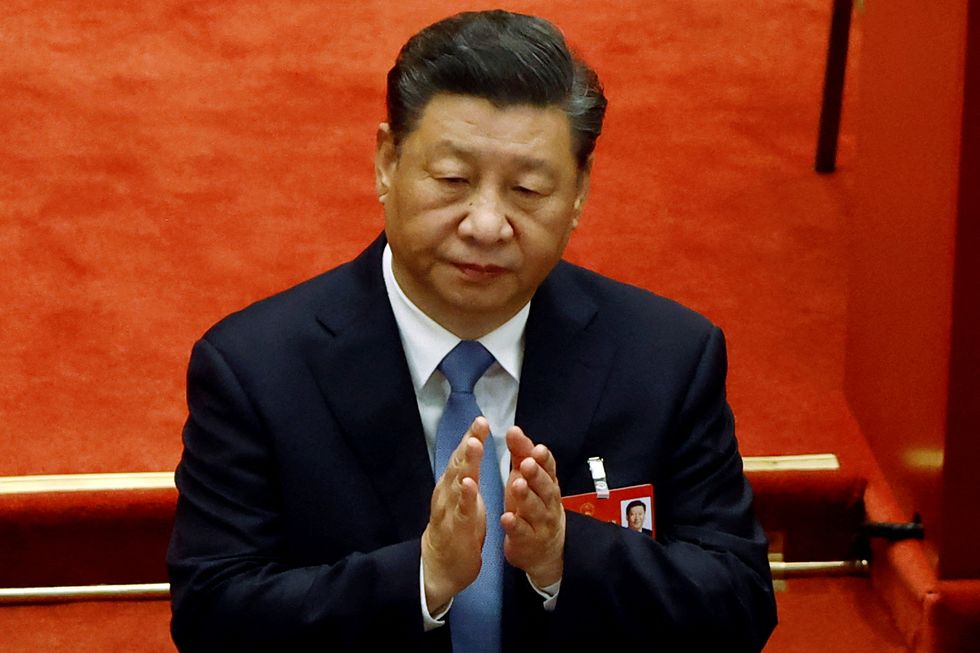 President of the People's Republic of China Xi Jinping | Reuters
President of the People's Republic of China Xi Jinping | ReutersAsked about whether the Government had been too slow to act on the Intelligence and Security Committee warning about a lack of UK expertise on Chinese threats, Rishi Sunak told broadcasters: “Much of the work of that committee was done about our approach to China some years ago.
“Since I've become Prime Minister, we've significantly changed that.
“Our new security strategy has a very clear approach to China which does take the initiative to protect ourselves, protect our values, protect our interests.
“And you can see real examples of that. For example, recently we blocked investment from China into a sensitive semiconductor company in the UK.
“We've taken similar steps in our nuclear industry and we're passing various laws through Parliament which will protect our educational institutions from foreign interference from anyone, whoever they might be.
“That's the right approach - being robust, standing up for our values and interests, but actually doing that with proper actions, not just rhetoric. That's what I believe and we are taking actions.”





